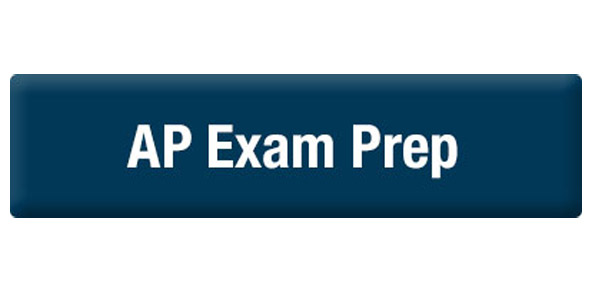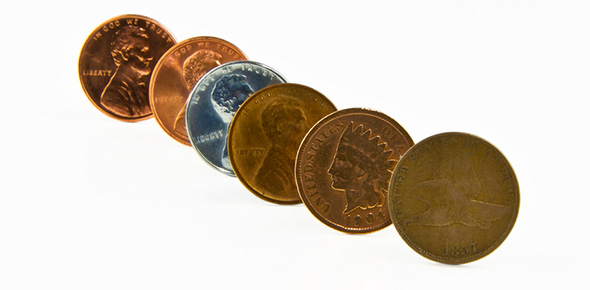Related Flashcards
Related Topics
Cards In This Set
| Front | Back |
|
When he became attorney general, Robert Kennedy wanted to refocus the attention of the FBI on
|
|
|
The 1962 Trade Expansion Act
|
|
|
John F. Kennedy’s strategy of “flexible response”
|
|
|
While it seemed sane enough, John F. Kennedy’s doctrine of flexible response contained some lethal logic that
|
|
|
American military forces entered Vietnam in order to
|
|
|
When the Soviet Union attempted to install nuclear weapons in Cuba, President Kennedy ordered
|
|
|
. The Cuban missile crisis resulted in all of the following except ?
|
|
|
9. At first, John F. Kennedy moved very slowly in the area of racial justice because he
|
|
|
. John Kennedy joined hands with the civil rights movement when he
|
|
|
President Kennedy ordered hundreds of federal marshals and thousands of federal troops to force the racial integration of
|
|
|
By mid-1963, President John F. Kennedy’s position on civil rights can best be described as
|
|
|
At the time of his death, President John Kennedy’s civil rights bill
|
|
|
14. The official government investigation of John F. Kennedy’s assassination was led by
|
|
|
. President Kennedy’s alleged assassin was
|
|
|
President Johnson called his package of domestic reform proposals the
|
|






